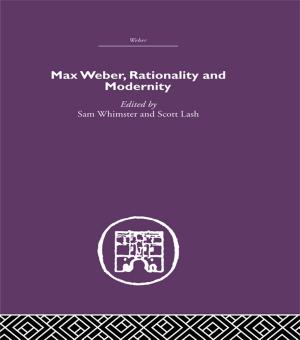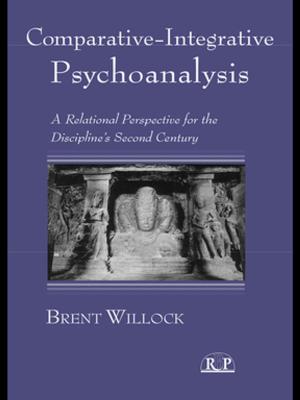| Author: | ISBN: | 9781135079383 | |
| Publisher: | Taylor and Francis | Publication: | November 12, 2013 |
| Imprint: | Routledge | Language: | English |
| Author: | |
| ISBN: | 9781135079383 |
| Publisher: | Taylor and Francis |
| Publication: | November 12, 2013 |
| Imprint: | Routledge |
| Language: | English |
Human rights and the courts and tribunals that protect them are increasingly part of our moral, legal, and political circumstances. The growing salience of human rights has recently brought the question of their philosophical foundation to the foreground. Theorists of human rights often assume that their ideal can be traced to the philosophy of Immanuel Kant and his view of humans as ends in themselves. Yet, few have attempted to explore exactly how human rights should be understood in a Kantian framework. The scholars in this book have gathered to fill this gap. At the center of Kant’s theory of rights is a view of freedom as independence from domination. The chapters explore the significance of this theory for the nature of human rights, their justification, and the legitimacy of international human rights courts.
Human rights and the courts and tribunals that protect them are increasingly part of our moral, legal, and political circumstances. The growing salience of human rights has recently brought the question of their philosophical foundation to the foreground. Theorists of human rights often assume that their ideal can be traced to the philosophy of Immanuel Kant and his view of humans as ends in themselves. Yet, few have attempted to explore exactly how human rights should be understood in a Kantian framework. The scholars in this book have gathered to fill this gap. At the center of Kant’s theory of rights is a view of freedom as independence from domination. The chapters explore the significance of this theory for the nature of human rights, their justification, and the legitimacy of international human rights courts.















